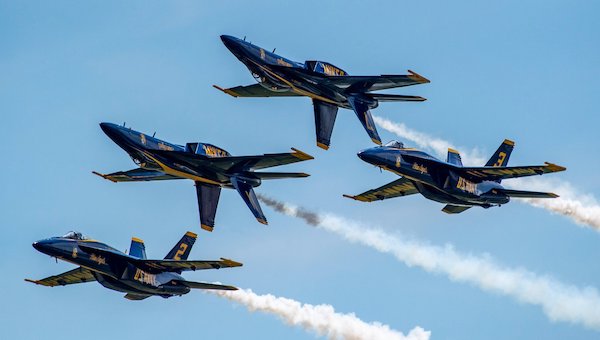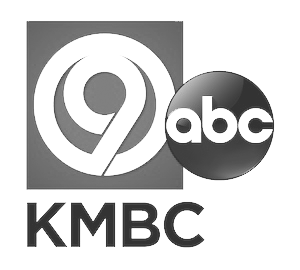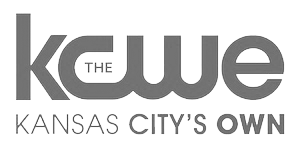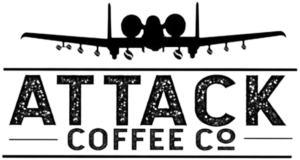U.S. Navy Blue Angels
A total of 17 officers voluntarily serve with the Blue Angels. Each year the team typically selects three tactical (fighter or fighter/attack) jet pilots, two support officers and one Marine Corps C-130 pilot to relieve departing members.
The Chief of Naval Air Training selects the “Boss,” the Blue Angels Commanding Officer. Boss must have at least 3,000 tactical jet flight-hours and have commanded a tactical jet squadron. The Commanding Officer flies the Number 1 jet. The Chief of Naval Air Training also selects the “XO,” the Blue Angels Executive Officer. XO is a Naval Flight Officer (NFO) or Naval Aviator with at least 1,750 flight-hours.
Career-oriented Navy and Marine Corps jet pilots with an aircraft carrier qualification and a minimum of 1,250 tactical jet flight-hours are eligible for positions flying jets Number 2 through 7. The Events Coordinator, Number 8, is a Naval Flight Officer (NFO) or Naval Aviator who has finished their first tour. The Marine Corps pilots flying the C-130J Hercules aircraft, affectionately known as “Fat Albert,” must be aircraft commander qualified with at least 1,200 flight hours.
Career-oriented officers specializing in maintenance, administration, aviation medicine, public affairs and supply fill support positions. The Blue Angels base their selection of officers on professional ability, military bearing and communication skills. Blue Angels officers are well-rounded representatives of their fleet counterparts.
Officers typically serve two years with the team. Blue Angels officers return to the fleet after their tours of duty.
The mission of the Blue Angels is to showcase the teamwork and professionalism of the United States Navy and Marine Corps through flight demonstrations and community outreach while inspiring a culture of excellence and service to country.














